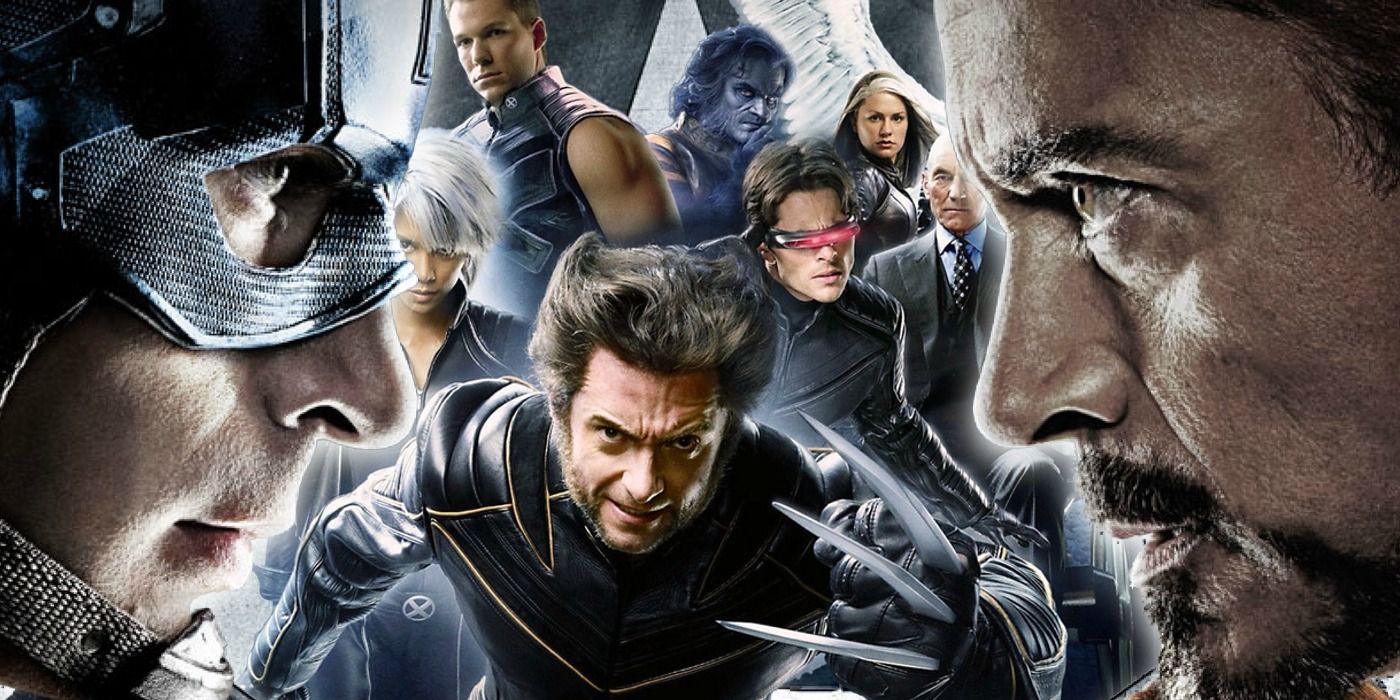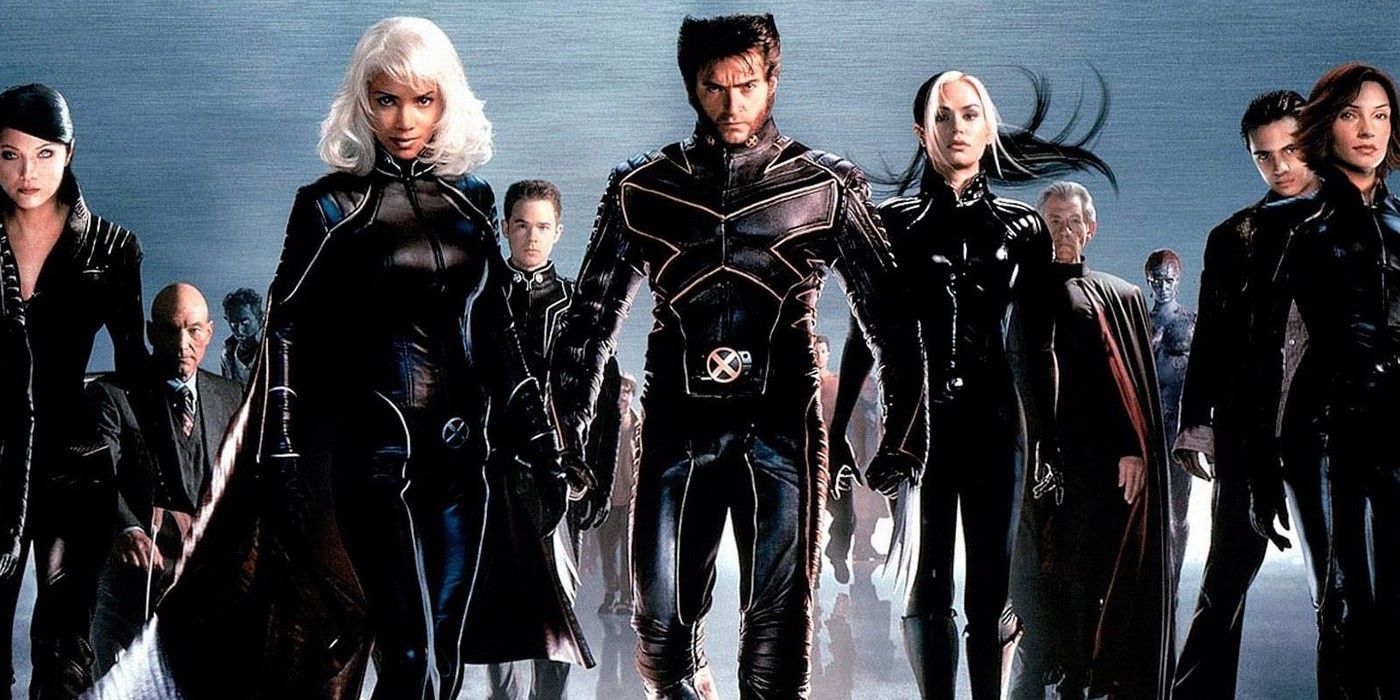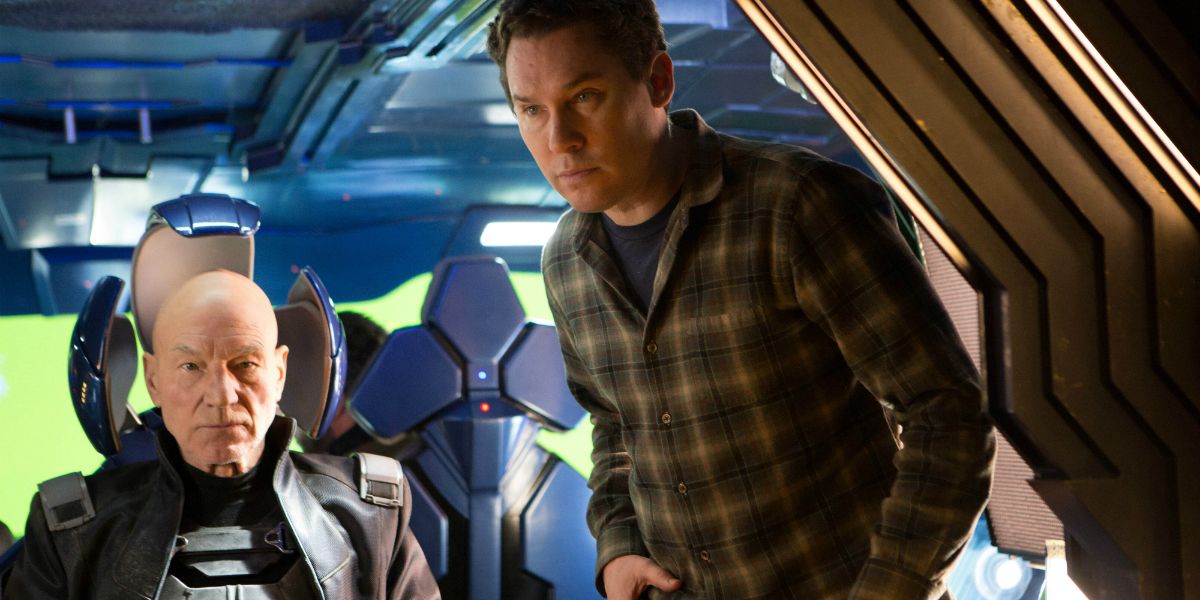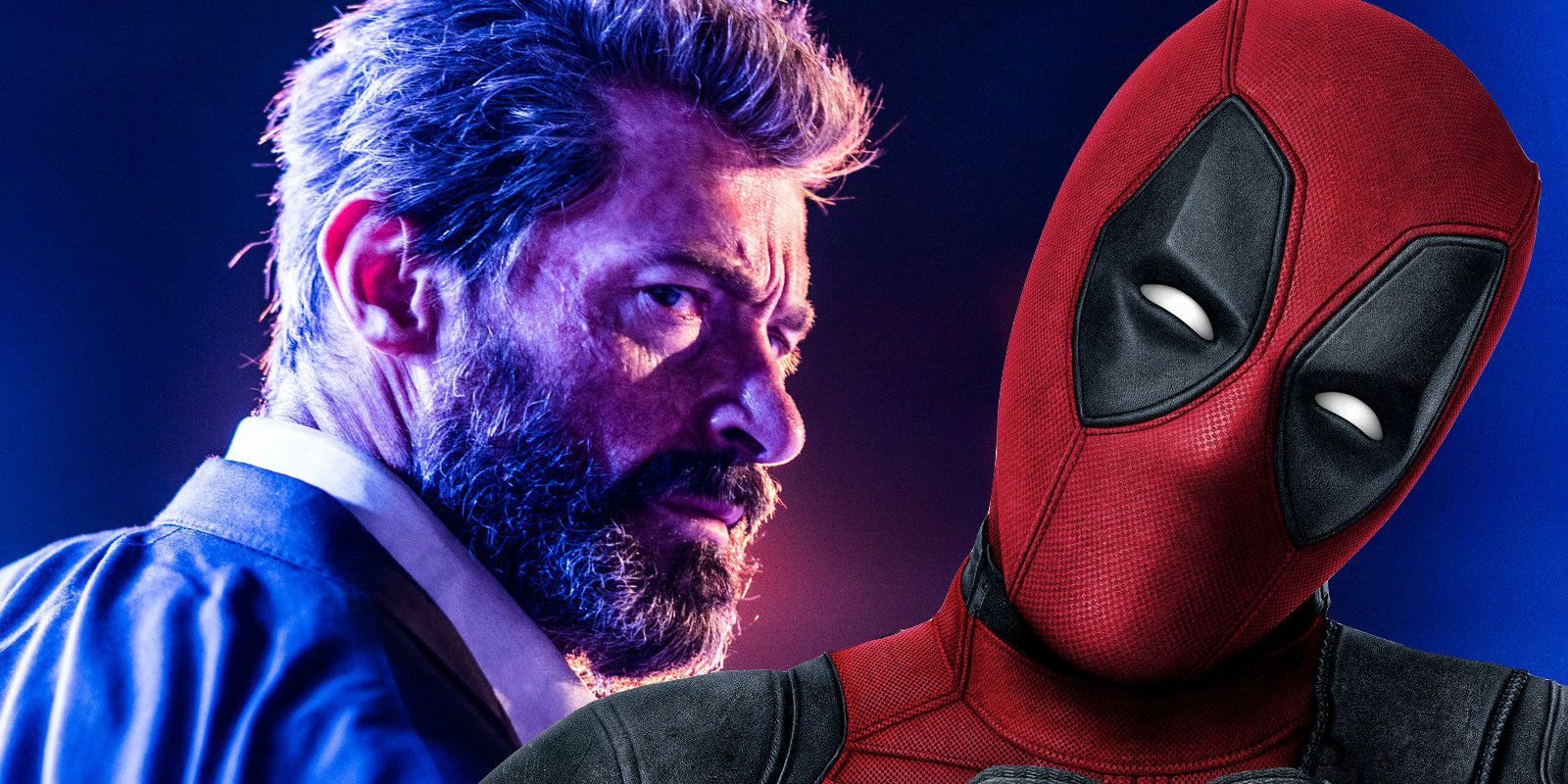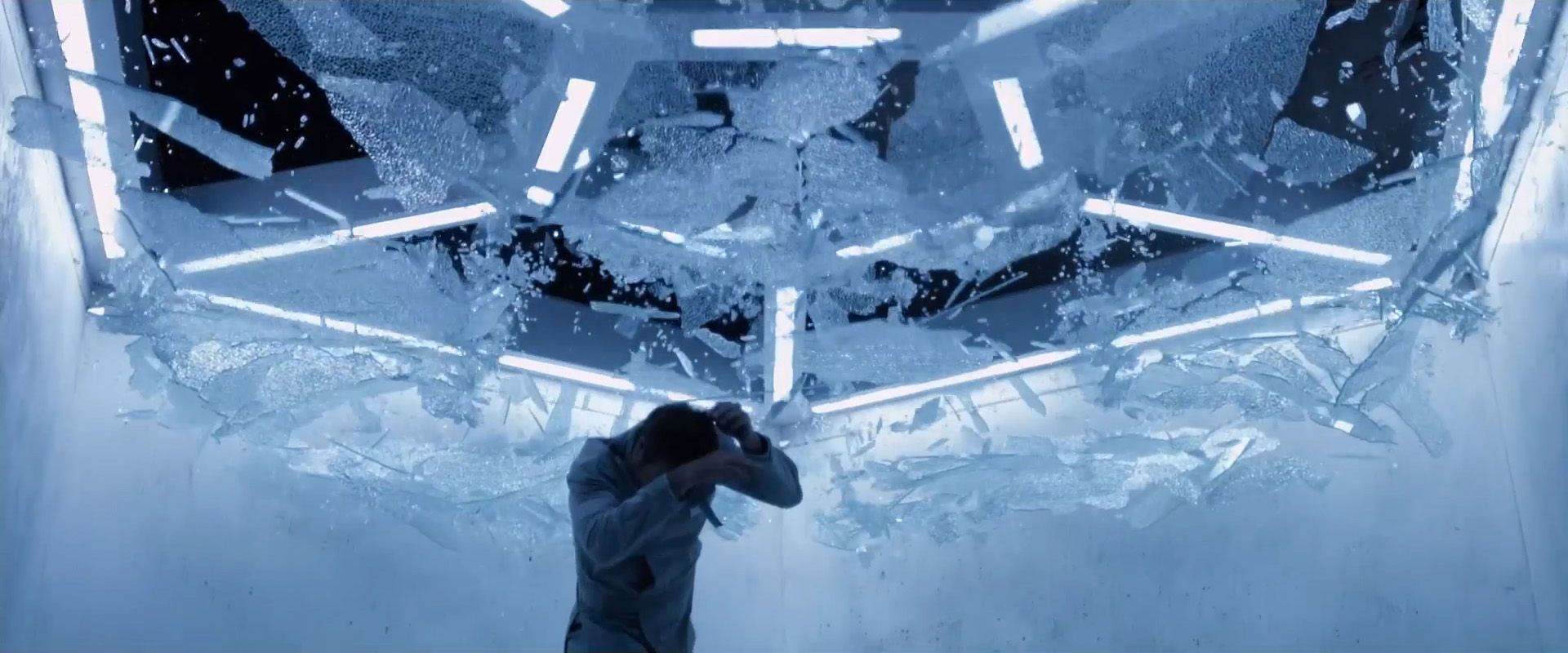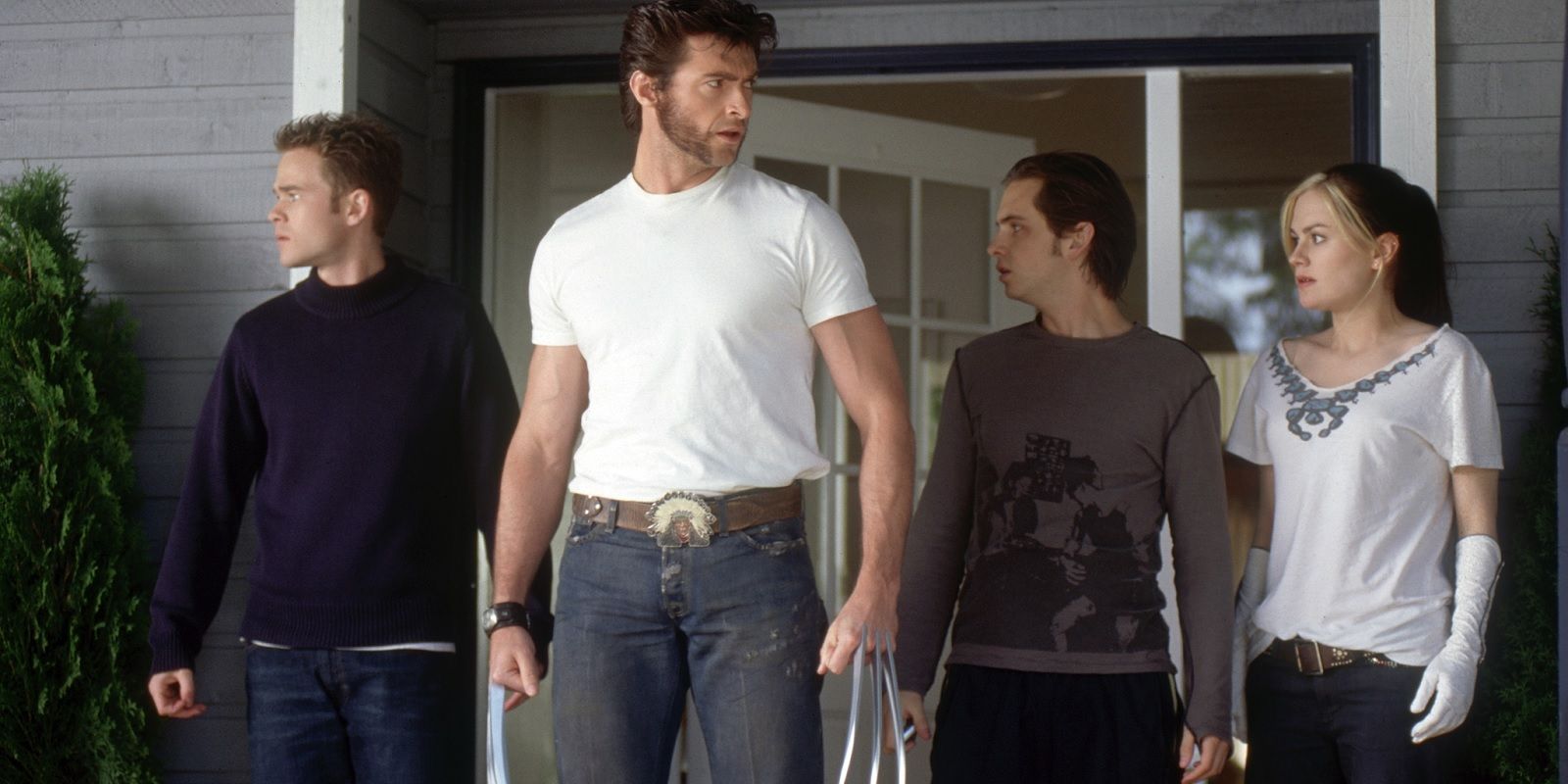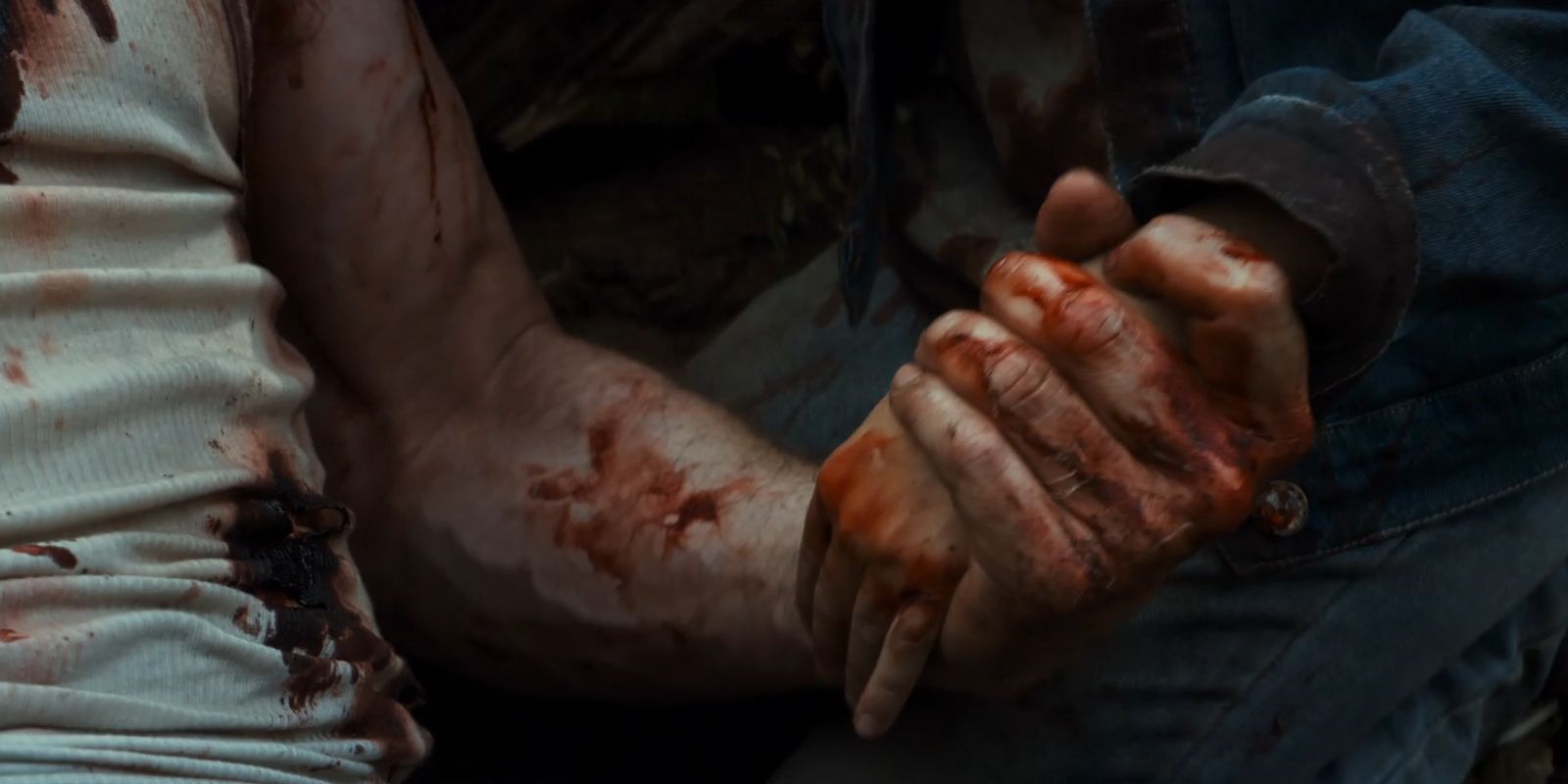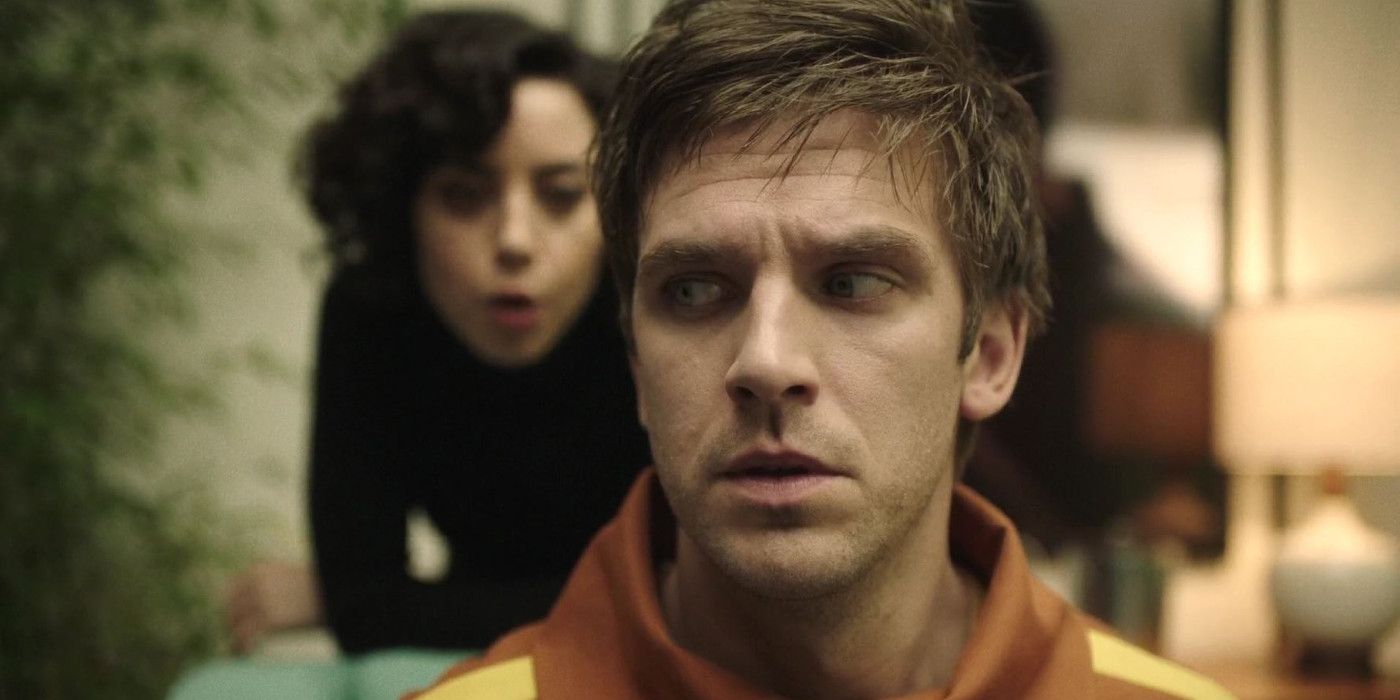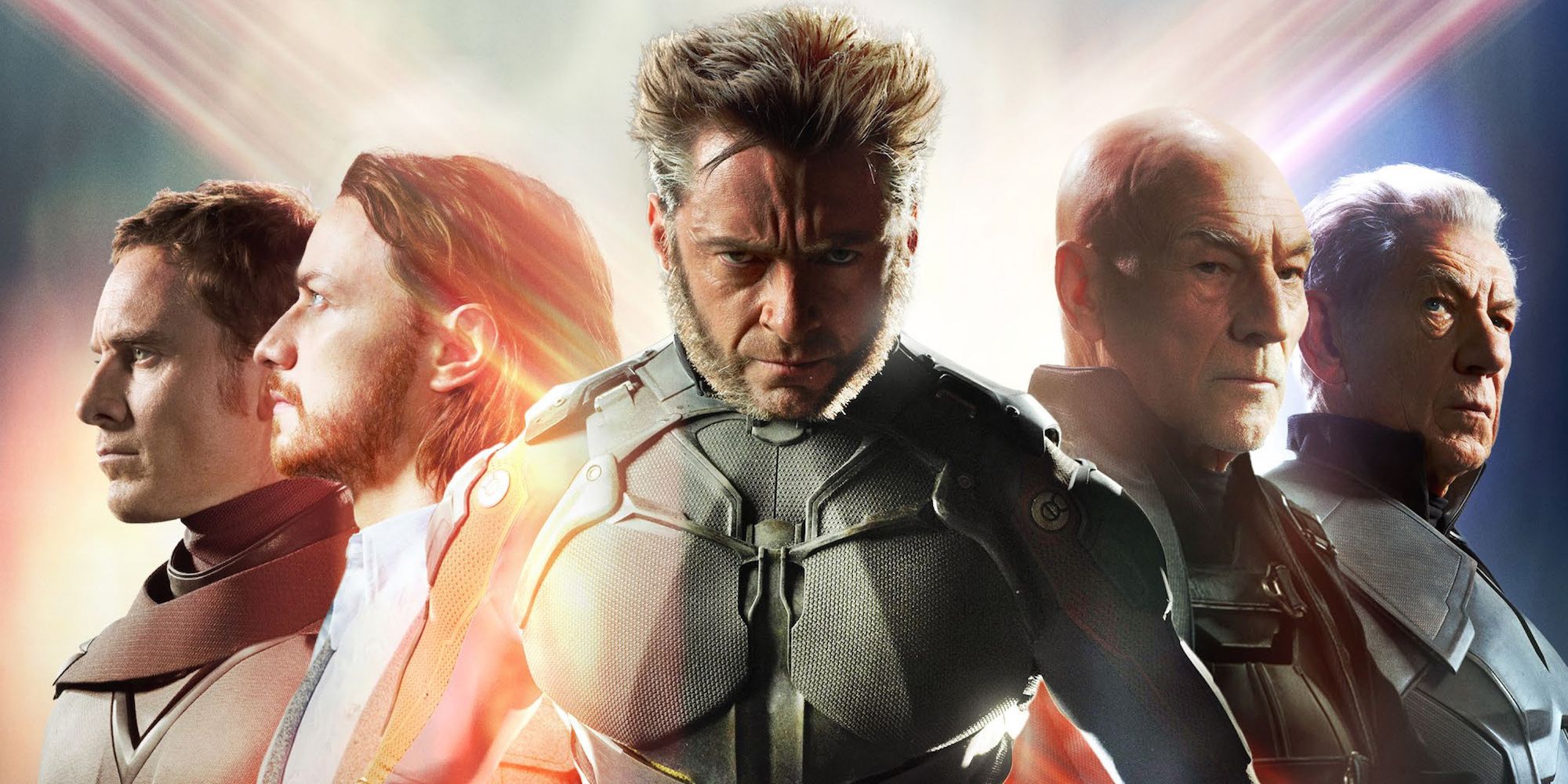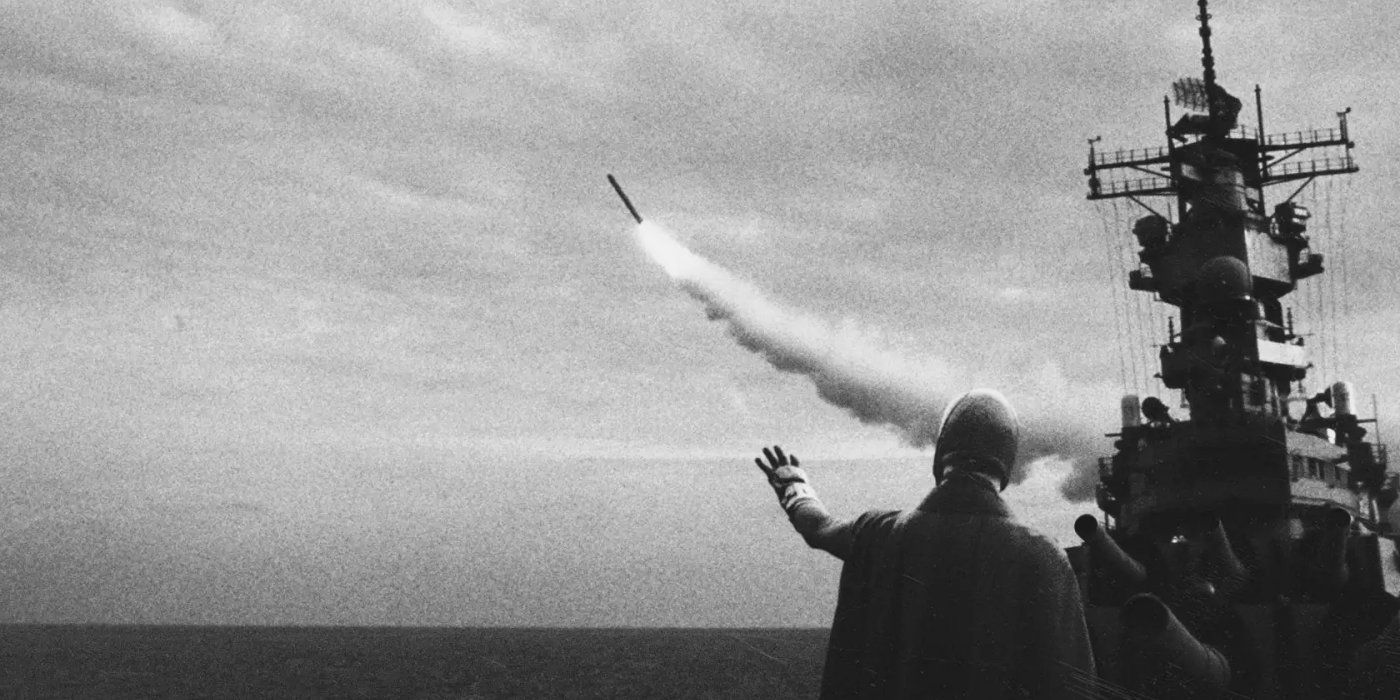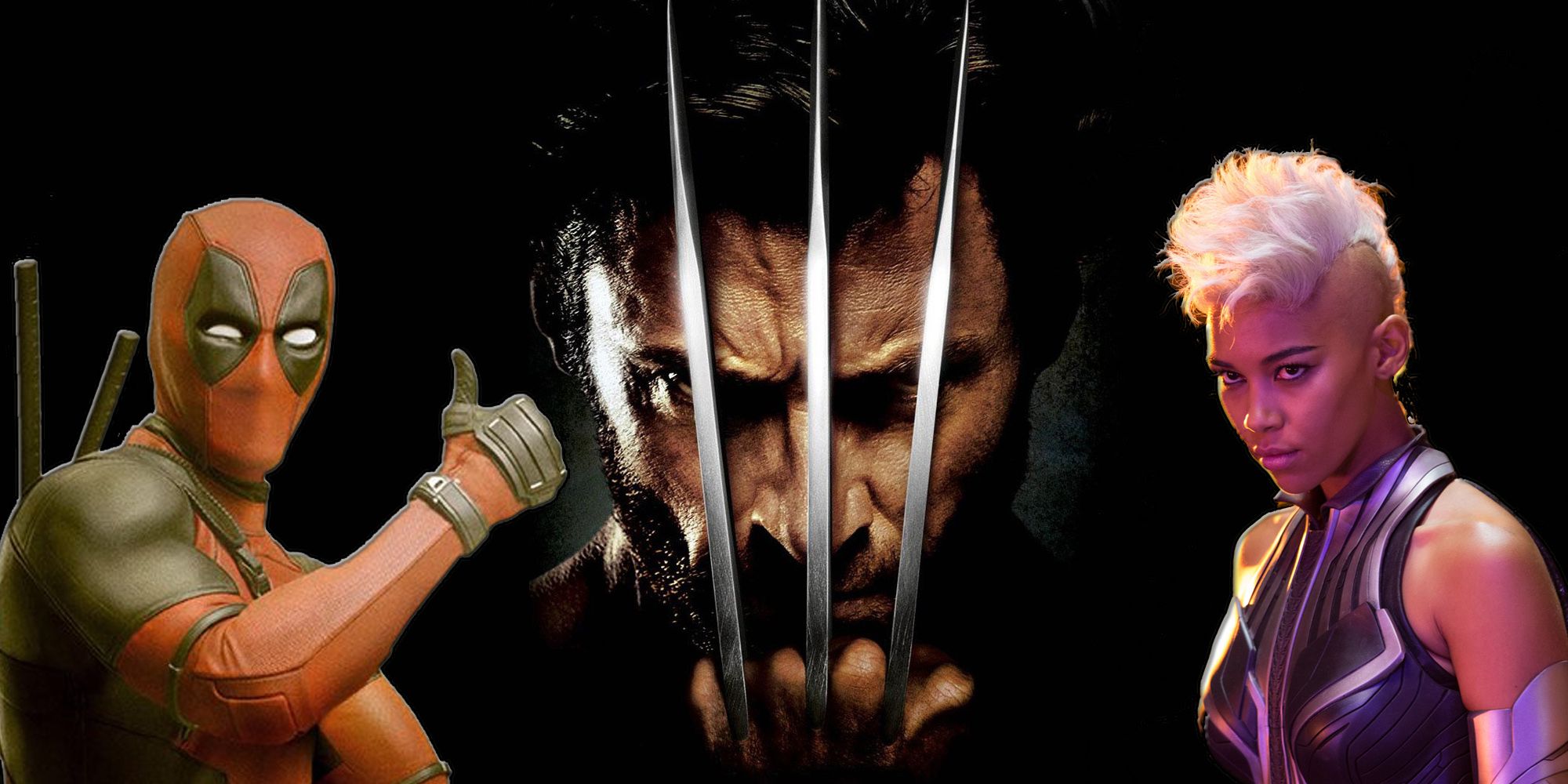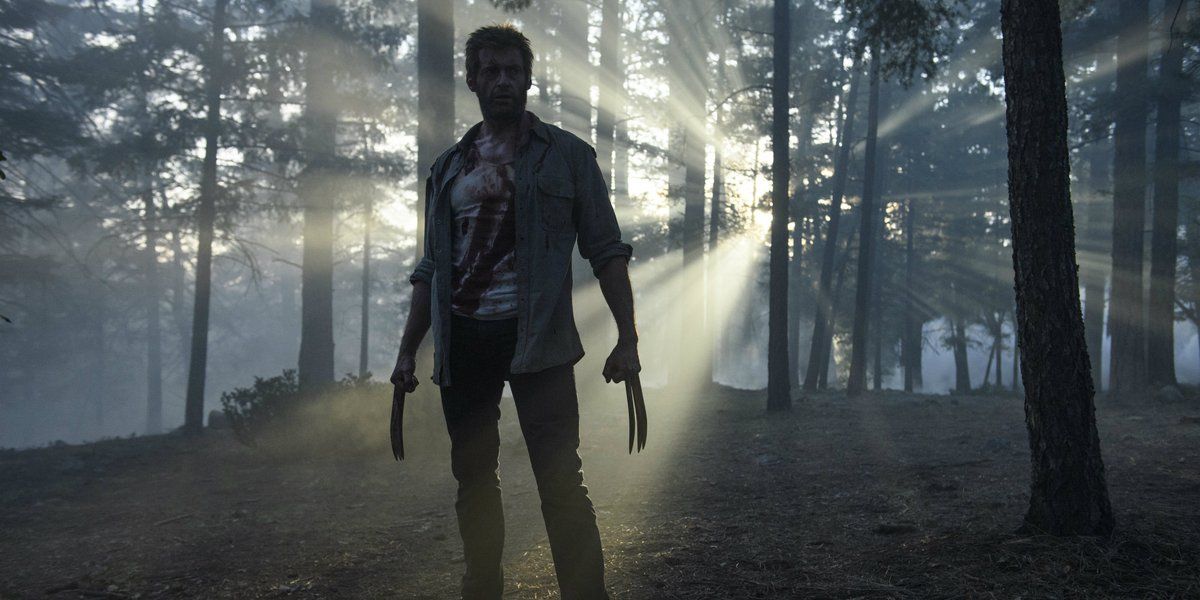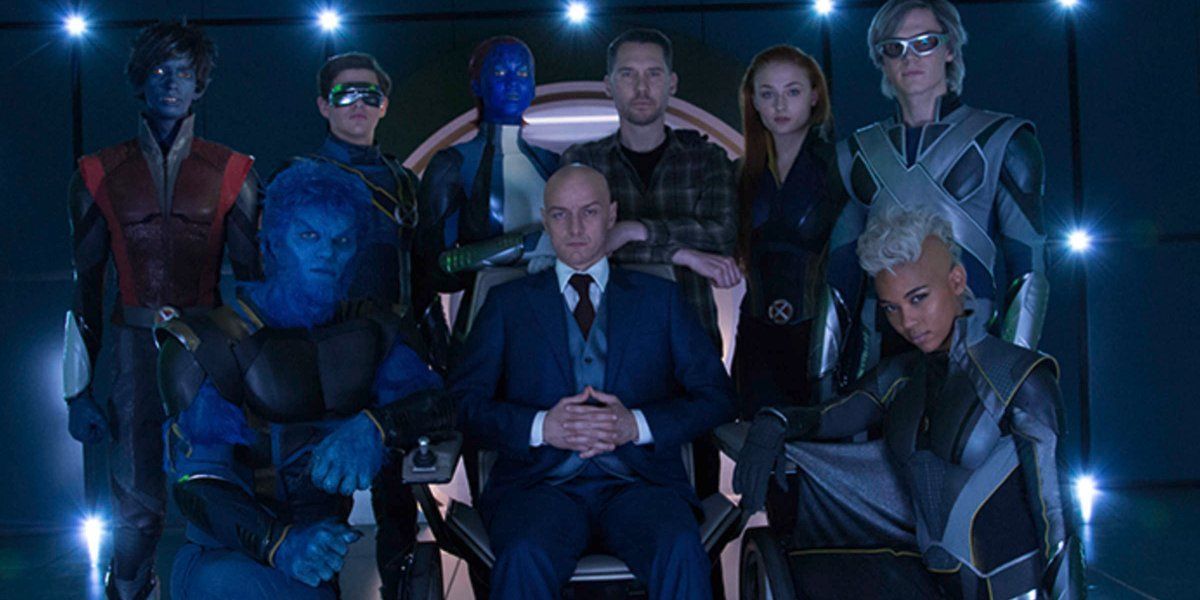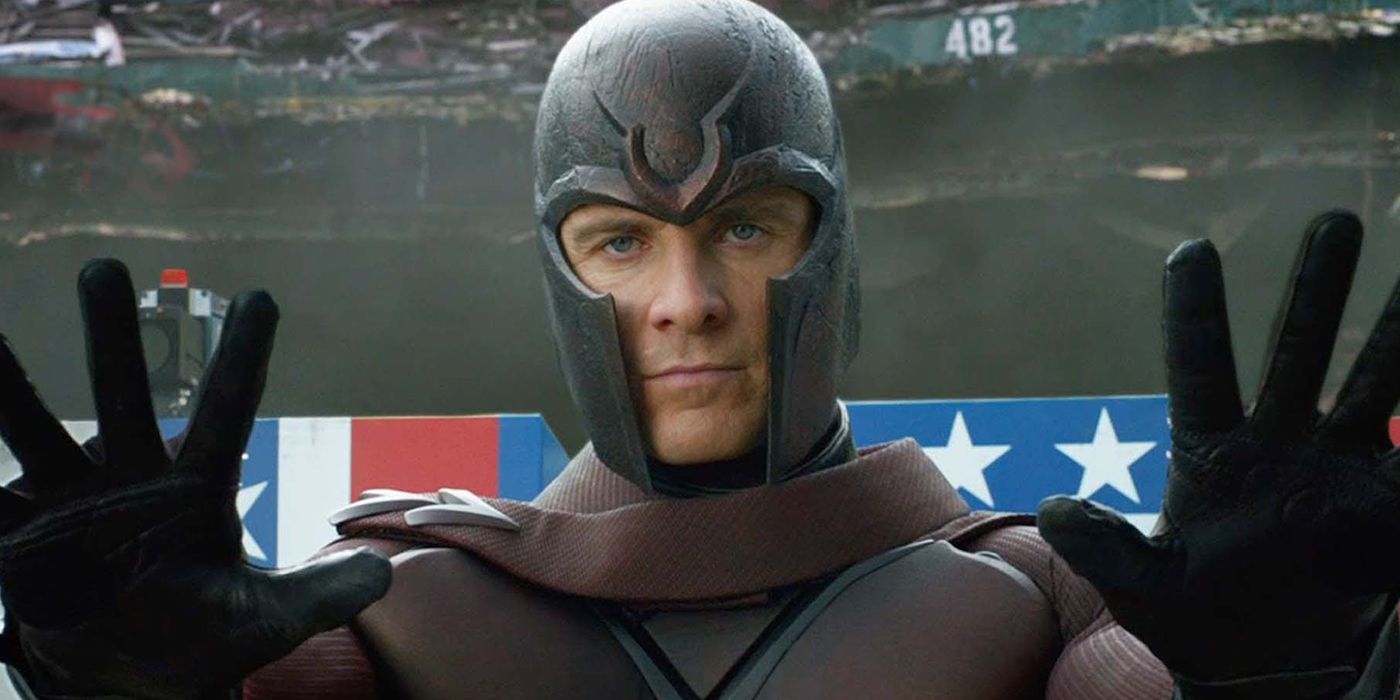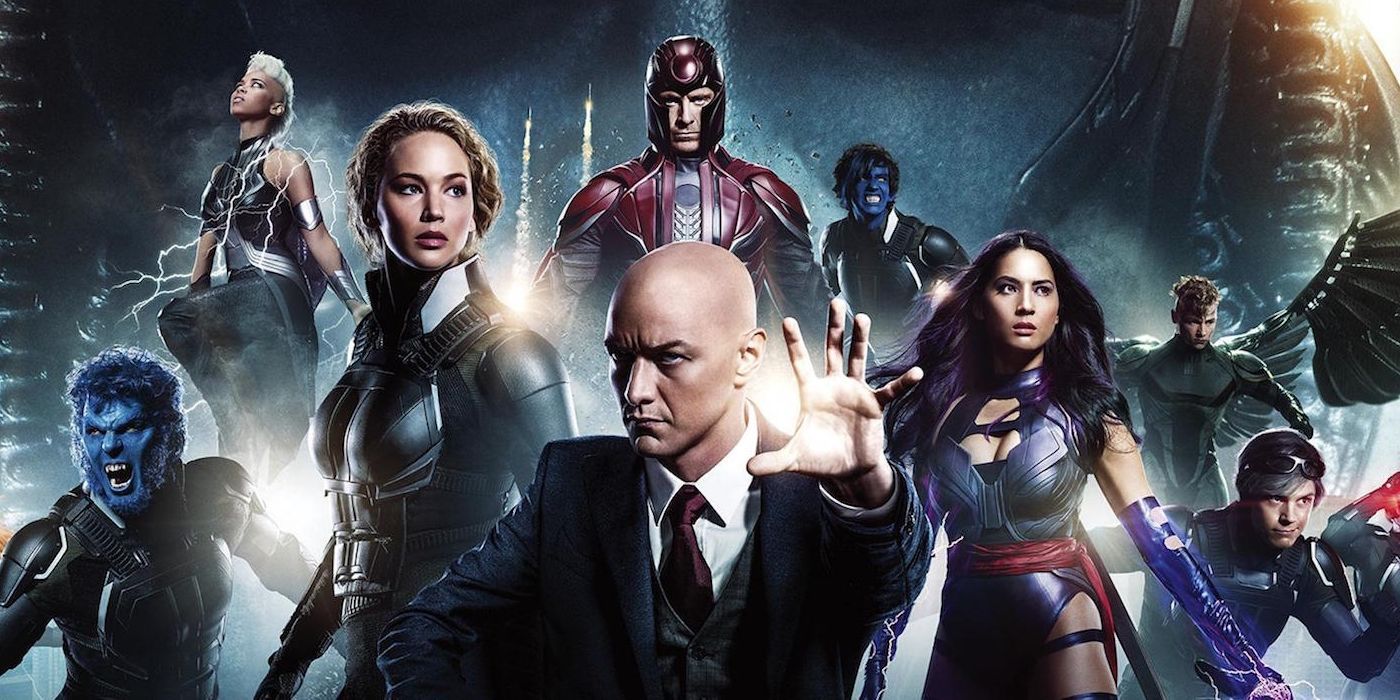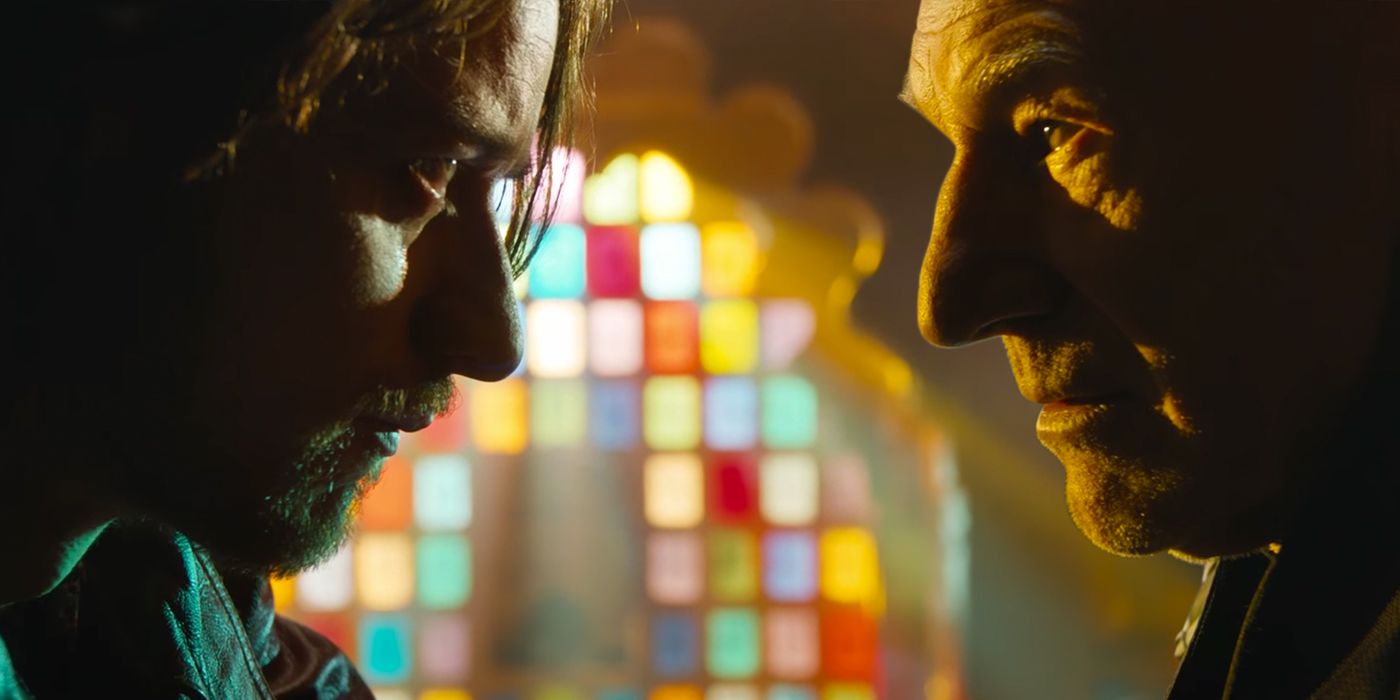In the era of comic book movie universes, the Marvel Cinematic Universe often overshadows the competition, with the DCEU coming in as a close second. But dating back to 2000, the X-Men universe was actually the first to make a splash onto the big screen, truly coming into its own as a standalone franchise with 2011’s First Class. As Fox continues to press its characters into new territories, it appears mutantkind is turning over a new leaf. With New Mutants, Deadpool 2, and X-Men: Dark Phoenix all due out next year, new faces are keeping the series fresh in viewers’ minds.
To date, Fox has released ten movies and a television series under the X-Men franchise. If you're keeping count, that's comparably far fewer than the sixteen films and six shows of the MCU. Although each title can't claim to be a critical darling, Fox’s films have managed to rake in some healthy box offices sums over their seventeen year run and have taken considerably more risks. With Marvel Studios facing more criticism than ever, Fox is looking to carve its own place in superhero movie history. So, in support of everything the X-Men franchise has offered us so far (confusing timelines and all), we’re taking a look at the 15 Reasons Why the X-Men Universe Is Better Than the MCU.
15. It Pioneered the Modern Comic Book Movie
In the mid-’90s, Marvel Entertainment Group found itself on the brink of financial ruin. The media juggernaut had filed for Chapter 11 bankruptcy after losing money through the declining sales of their comic book and trading card properties. As a last resort, they agreed to sell the exclusive movie rights of their X-Men characters to 20th Century Fox, brokering the deal which would lead to the first major comic book adaptation of the modern superhero movie era.
Prior to 2000, the face of the comic book movie was primarily DC. Fans had familiarized themselves with Richard Donner’s Superman and Tim Burton’s Batman, but a big ensemble cast of heroes still felt light years away. Although other comic book alum had crept their way into the mainstream with films like Blade and Spawn, superheroes were still considered too unrealistic to break ground in a major way. What director Bryan Singer would do with X-Men permanently changed that outlook, grounding his cast in a real world setting that didn't feel too distant from our own. It was the start of bigger productions branching out from Singer’s success, including such hits as Sam Raimi's Spider-Man trilogy as well as Christopher Nolan’s Dark Knight films.
14. Visionary Directors
Take a look at the long line of directors in the MCU and you’ll see a list of capable, well-rounded minds tossed aside for lesser known, like-minded names willing to go through the motions. The MCU has become largely formulaic, leaving little room for artistic vision behind the scenes, and although sticking to the script has worked so far for Marvel, it's given Fox a slight edge with the X-Men universe.
The de facto leader of the X-Men world since its inception has undeniably been Bryan Singer. Brought on board in 1996, he played a key part in preparing the script for the first film, focusing his attentions towards Wolverine as he's recruited by Professor Xavier. Although Singer put together an eclectic cast for the first film, Matthew Vaughn went young with First Class, relaunching the series with fresh faces and a sleek new look. On the opposite side, James Mangold and Tim Miller brought an new edge to the fold, showing off a withering Wolverine and a wisecracking Wade Wilson in Logan and Deadpool respectively. Although each movie in the X-Men universe hasn't been a hit, its directors continually shake things up, something which cannot be said about the MCU.
13. R-Rated Movies
In 2009, Disney completed its acquisition of Marvel Entertainment, making the media conglomerate the primary distributor of MCU projects moving forward. The $4 billion purchase has since become a hot topic of debate, as some critics have labeled the MCU a victim of Disneyfication. Although Marvel has won plaudits since the merger thanks to Marvel Studios’ movies and television series as well as the effortless tie-ins Disney has afforded the company with comic book and merchandising sales, early indicators seem to suggest that Hollywood could be heading towards superhero fatigue.
One reason behind Marvel's exhaustive outlook is unquestionably its cookie-cutter, nice guy approach to its superheroes. Unlike the MCU, the X-Men universe has departed from its kid-friendly approach with edgier, R-rated outings. The lower budget Deadpool reinvigorated Ryan Reynolds’ superhero career with gusto as he delivered smart-ass, pop culture jokes one after the other in typical fourth wall-breaking fashion. Meanwhile, the downtrodden Logan finally delivered the brutal depiction of Wolverine fans had always wanted, sending the character out on a high note with just the right touch of violence and maturity expected from one of Marvel’s most popular characters.
12. It Has a Higher Ceiling
At this point, the template for a Marvel Studios production could serve as a how-to guide for dummies looking to cash in on the superhero movie frenzy. The often cited "Marvel Formula" has become a guaranteed success for every MCU release thus far, but it's kept the franchise in a bubble, remaining creatively stagnant to a degree. On one hand, Marvel's repetitive nature is quickly becoming the punchline to everyone's joke. On the other, the MCU’s downsides will hopefully lead to a greater appreciation for the X-Men universe’s knack for risk-taking.
Before 2015, the R-rated superhero movie was a niche subgenre reserved for lesser known, gritty characters with an obsession for violence. Now with Deadpool and Logan earning top dollars at the box office, the trend is slowly becoming commonplace among studios. Although taking a plunge with each of its story lines increases Fox’s chances to crash and burn on big budget productions (we’re looking at you X-Men Origins: Wolverine), it also opens up the possibility to break ground in a market that's filled to the brim with new releases each year. In the end, it’s better to fail because you took a chance than to fail because you played it too safe.
11. No Time Wasted On Setting Up Sequels
Although the MCU has rightfully been praised for bringing its heroes together, one of its fundamental flaws remains the studio’s need to set up sequels. Undoubtedly, fans are hyped when they spot an Easter egg, but it can feel like a major distraction when the story is completely interrupted to build up the studio's next major outing. Fans got their fill of these moments when Tony Stark took time out of his schedule to talk to Nick Fury about the Avengers in Iron Man 2 or when Thor went on a epiphany-seeking solo mission to learn about the infinity stones in Age of Ultron.
Say what you want about the baffling timeline and loosely constructed continuity, but the X-Men movies have never pushed one story aside to promote the next. The stories benefit from being wholly self-contained, which gives each narrative its own unique perspective on a range of topics. In its seventeen years, the X-Men films have addressed issues ranging from subjugated minorities to problems surrounding immigration. These ideas are continually built upon thanks to the richness of the universe’s storytelling and its insistence on focusing on big themes, rather than setting up the future.
10. Deaths Are Meaningful
Sixteen movies down, and the amount of memorable deaths in the MCU can still be counted on one hand. From the sheer multitude of stories, Marvel's death tally should be higher, but instead, Fox has toppled the giant by taking risks and offing big name talent for the sake of keeping viewers arrested in anticipation.
In The Last Stand, the first long-lasting effects of the X-Men universe were felt when Jean Grey was resurrected as the Dark Phoenix, calling Scott Summers to Alkali Lake and using his distress to kill him. Summers’ death, along with the apparent incineration of Professor X, would later prompt Wolverine to fatally stab Grey, which would inevitably haunt him throughout the events of The Wolverine. Although the characters were later retconned following the diverging timeline created in Days of Future Past, they still made an impact on the motivations of the superhero group leading up to that point. Likewise, the deaths of characters like Banshee and Havoc have been equally resonating. Of course, nothing compares to the turmoil felt at the end of Logan when Patrick Stewart and Hugh Jackman made their final bows as the future of mutantkind sat on the brink of extinction.
9. Riskier Television Shows
Unlike any show on air right now, Legion is a psychedelic trip into the mind of the mutant David Haller. Low key compared to the higher end productions of the X-Men universe, the FX series is comparably stripped down and plays like a fever dream with the enigmatic Dan Stevens taking over the lead role with his scruffy haircut and retro-looking fashion. With its surrealist vibe and fragmented storytelling techniques, Legion is branching off into a bold new terrain that separates itself from the rest of Haller’s mutant brethren.
Comparably, Marvel's Netflix series are also proving to be among the best around. The grittier, street-level heroes of the shows are a stark contrast to the more abrasive Avengers, but with Agents of S.H.I.E.L.D. failing to reach the same heights, it seems The Defenders is expected to become the next great super team. In addition, a potential crossover between the shows and movies could sacrifice the darker tone series like Daredevil and Jessica Jones have worked hard to build. So far, Legion has managed to craft a bold style all its own and Fox hopes to continue that success with the launch of The Gifted later this Fall.
8. Big Ensembles Without the Origin Stories
With the Avengers movies serving as the cornerstone of the MCU, all the pieces leading into the next big superhero team-up can sometimes feel superfluous. Although the extra origin stories and sequels have pumped a steady flow of superhero flicks into the mainstream, not every production is easy to sit through. Sometimes, it can feel like the development of Marvel's characters take a backseat to its fundamental goal of building towards the next Avengers flick. As a storytelling device, it works fine, but wouldn't it be nice to bypass all the exposition and cut straight to the big ensemble pieces?
As a franchise that focuses primarily on bigger casts, the X-Men work largely in unison. So far, only Wolverine and Deadpool have garnered enough attention to receive standalone features. Although we're certain many of the characters of the X-Men universe are compelling enough to warrant solo films, any spin-off should act as a complementary piece to the greater X-Men narrative, working only if the characters’ adventures never interfere with the big picture. The writers of the X-Men universe have done well to balance the heroes' backstories so far, using up considerably less screen time than the MCU to do so.
7. Different Time Periods
As part of the X-Men timeline, First Class began an alternative trip into history, presenting a compelling perspective on the emerging political landscape surrounding the evolution of mutantkind. By the mid-’70s, humans had grown wary of the capabilities of mutants, due in part to Magneto’s involvement in the Cuban Missile Crisis in the ‘60s. Xavier responded by advocating for the basic rights of mutants everywhere. Presenting a look into the tension between humans and mutants, the X-Men franchise raises questions about how the world perceives minority groups branded as weird because of their differences.
By the time Days of Future Past rolls around, the timeline of the films becomes muddled and the future becomes less certain. As we learn from Logan, the tension between humankind and the mutants did not cease. A crippling economy left the U.S. in a drastic state and all the mutants slowly began dying out. It's a bleak future for the franchise's protagonists, but it's one steeped in deep political ramifications that speak to many of the realities of today. These alternate lessons in history add to the layered storytelling structure of the X-Men universe, a technique which the MCU can claim to have only briefly touched upon.
6. No Concern With Continuity
The X-Men universe’s largest flaw is arguably its greatest strength. At the launch of the first X-Men film, continuity was a tertiary concern. Not only did Fox not know if the first film would be a success, they didn't know how a full-blown franchise would work. Unfortunately, the studio's lack of preparation meant a string of continuity errors as the franchise moved forward.
For all its flaws, the lack of concern for continuity in the X-Men world allows the films to operate under a certain degree of freedom. For instance, X-Men Origins: Wolverine has been largely ignored since being critically panned, making its easy to forget without completely erasing it from history. Likewise, Deadpool seems to take place almost entirely outside of canon, even though it acknowledges the X-Men with characters like Colossus. Now with Logan taking place in a dystopian 2029 where mutants are almost extinct, there appears to be even less connecting each movie moving forward. Without a need to keep the logic of the franchise flowing, each movie can act on its own, which also means certain characters can potentially be recast further down the line without concern for how it will be perceived.
5. The Tone Shifts With Each Movie
Beginning with First Class, the emphasis of the X-Men universe was to establish a different tone with each movie that followed. After the failure that was X-Men Origins: Wolverine, Fox brought top talent on board who they felt could reshape the series into something new and invigorating. With the ‘60s backdrop and a younger cast of players, Matthew Vaughn brought a far lighter tone to the universe without veering off into parody, perfectly balancing the development of heroes with the paranoia surrounding the United States during the atomic age.
Bringing Bryan Singer back for Days of Future Past, the studio aimed to broaden the scope of the franchise, opening the world to a bigger sci-fi setting. The addition of time-travel showed off the imminent danger surrounding the series’ heroes, while the the later addition of Apocalypse added a more cosmic element with the group’s most powerful enemy yet. As a reversal, Deadpool departed from the usual, setting a sillier, self-aware tone which critiqued practically every movie in the franchise, while Hugh Jackman attempted to make fans forget his first disastrous solo outing with an entirely Japanese setting in The Wolverine and a dire world of decay in Logan.
4. No Character Is the Same
If you're an actor, signing onto the next big superhero blockbuster should feel like a dream come true, but as more characters continue to flood the universe, suddenly, the hero you hoped to play can start feeling like everyone else in the cast. So far, Tony Stark's wise-cracking banter has popped up as a shared personality trait with Ant-Man, Doctor Strange, Star-Lord, and even Spider-Man. The Marvel universe may be vast, but there's only room for one fast-talking smart ass in the MCU.
Compare your Marvel notes to that of the X-Men flicks and you’ll see that not only are the ensembles vastly different, but the individual characters in X-Men change drastically over time. Not counting the fact that characters like Professor Xavier have been played by both Patrick Stewart and James McAvoy, you can see how each character has developed on screen. For instance, Wolverine has been depicted as a team player in the X-Men series, a soul-searching loner in The Wolverine and a wiser, down and out mutant close to his death in Logan. With each movie, the cast has had the chance to bring something new to the table, while the characters of the MCU are unfortunately stuck playing similar parts over again.
3. Villains Worth Watching
With the upcoming Infinity War, the MCU will finally greet fans with something the franchise hasn't had since its 2008 launch: a menacing villain worth watching. The Mad Titan Thanos isn't just a write-off character like many of Marvel's other big bads. He actually poses an imminent global threat which should rock the Avengers and drastically change the landscape of the universe moving forward.
While the MCU prepares for its biggest villain to date, over in the X-Men universe, viewers have been welcoming bad guys with far less tepid receptions. William Stryker, Sebastian Shaw, and Bolivar Trask were all eugenics advocates who believed in breeding the perfect race through enhanced genetic manipulation. Apocalypse was another antagonist of an equal ilk, only he used his archaic powers to preserve mutantkind and serve as its dictator. The heart of the franchise, however, has always revolved around Professor Xavier's strained friendship with his former friend and ally Magneto, and how the latter's competing philosophical beliefs about the human world present further troubles for the mutants. Their opposing viewpoints have perfectly illustrated the grey area in which Magneto’s actions operate, creating one of the most compelling on-screen villains in comic book movie history.
2. There's Less To Keep Up With
In the modern comic book world, more can often seem like a good thing, but for Marvel Studios, the yearly quota for big superhero flicks is starting to feel like a chore. Since 2008, the MCU has pumped out two films a year, only recently upping the ante with a third film starting in 2017. These big screen outings alone are enough to keep fans alert. Throw in the Netflix shows as well as Agents of S.H.I.E.L.D. and other canon such as the Marvel One-Shots and you're talking about a dizzying amount of content. Oh, and they're branching out onto Freeform and Hulu now, too.
With so much to keep track of, Marvel has gone out of its way to hire a barrage of talented writers and directors to keep everything afloat. Meanwhile, the X-Men universe’s more relaxed schedule has so far allowed for more creative input to go into each script, giving each story the freedom to be reworked during the pre-production process. If there's one thing you can't accuse the X-Men franchise of, it's delivering the same story twice. Almost none of the movies feel like familiar territory, which is a problem the MCU has encountered many times over.
1. It’s Not Afraid to Change Its Look
When Bryan Singer first signed on to direct X-Men, he envisioned Russell Crowe as Wolverine. After a suggestion from Crowe led to Hugh Jackman auditioning for the role (and after another actor dropped out), Singer rolled the dice on the unknown actor, risking a key part on a raw talent. Now, seventeen years later, the ensemble casts boast a total of three Academy Award winners and another five nominees, all ranging in ages.
Although the MCU is now transitioning into younger cast members with the addition of a teenage Peter Parker, and it promises to deliver a strong female lead in the upcoming Captain Marvel, diversity in casting has long been a strength of the X-Men universe. Starting with First Class, the films saw veteran actors like Patrick Stewart and Ian McKellan showing support for younger talents, including James McAvoy, Michael Fassbender, and Jennifer Lawrence. Now with Jean Grey, Cyclops and Nightcrawler being reintroduced into the series, the mutants are once again trending younger with stars like Sophie Turner and Tye Sheridan taking on parts. As long as the X-Men franchise is willing to embrace new actors, the series opens itself up to a host of untapped material which could prove to be fruitful in the future.
--
Do you prefer the X-verse to the MCU, or is it the other way around? Let us know in the comments!

